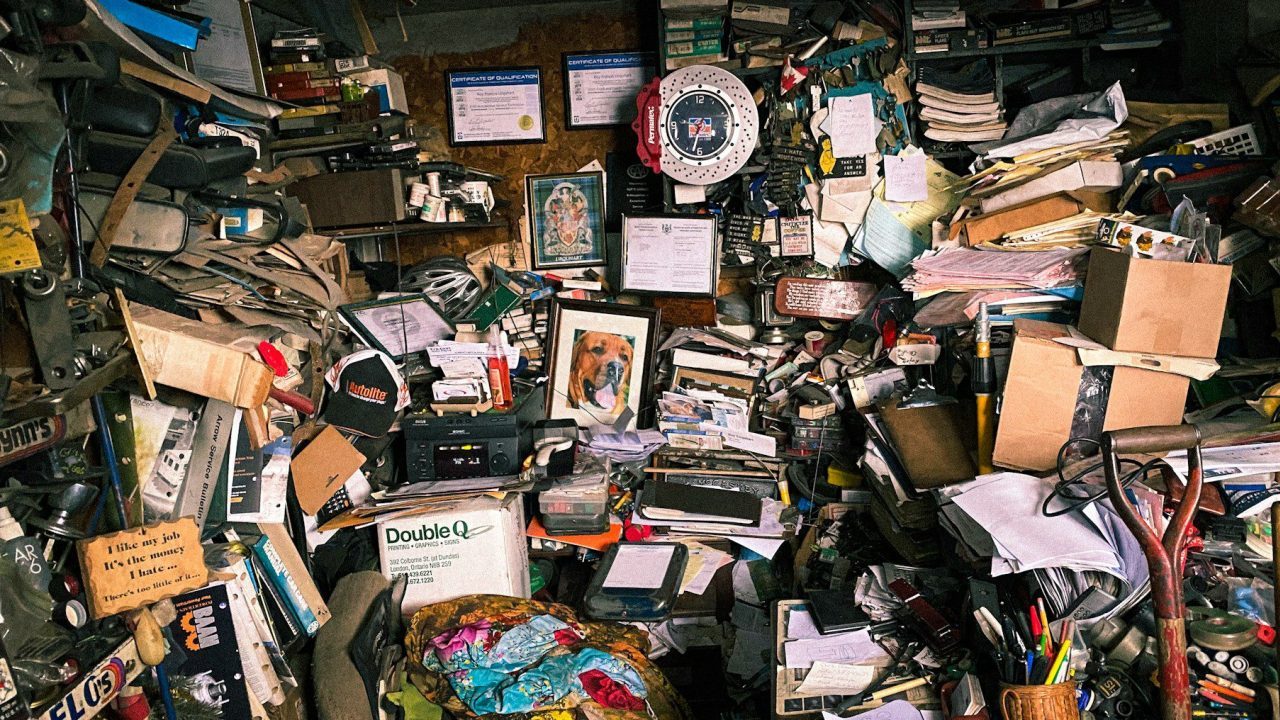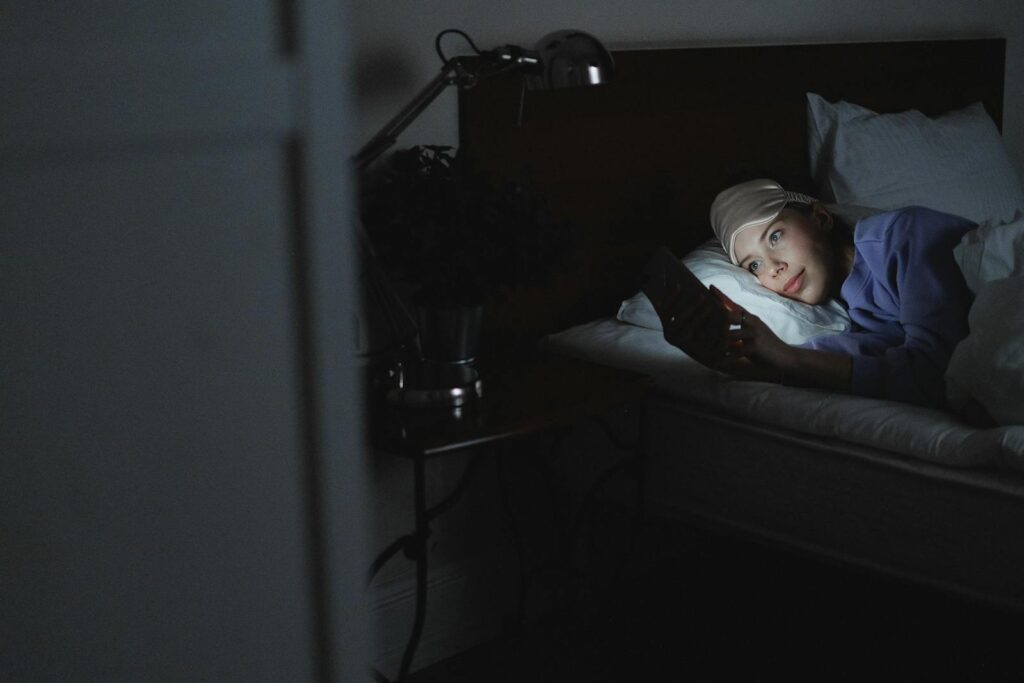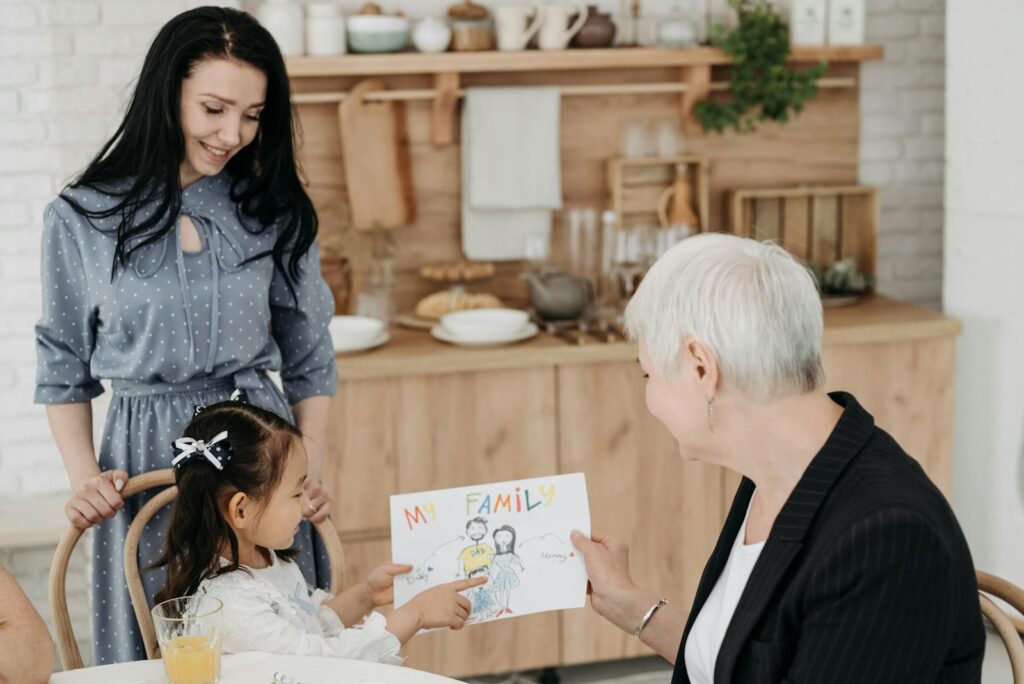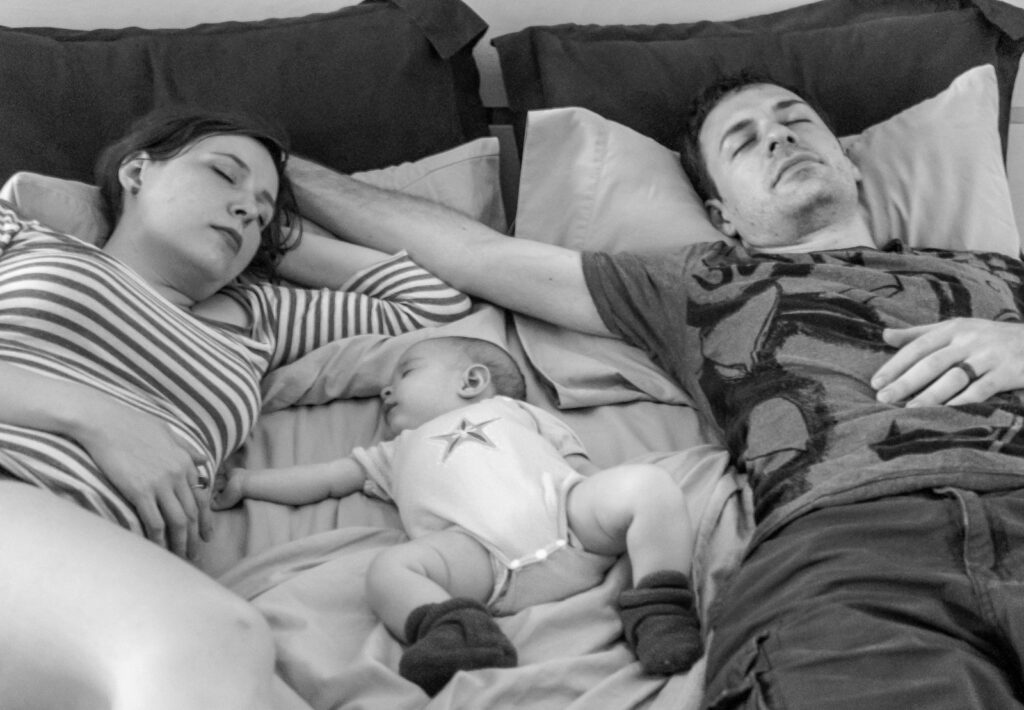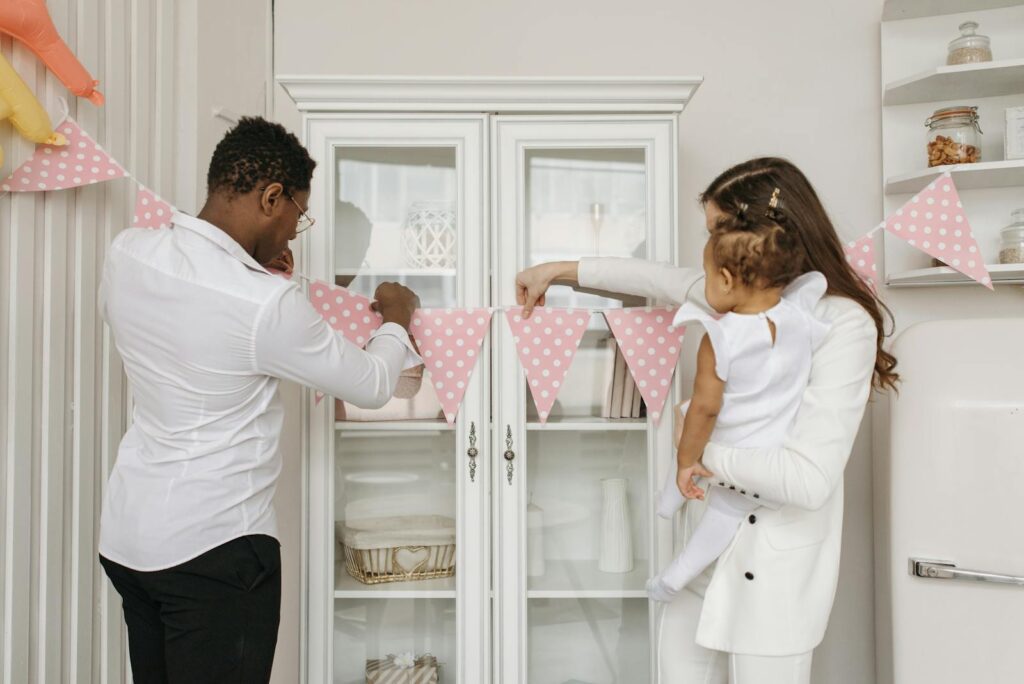Letting go of things that don’t serve you anymore can feel surprisingly hard. You might find yourself holding onto stuff that’s just taking up space, even if you know it’s no longer useful. It’s a common struggle that many people face, whether it’s old clothes, forgotten gadgets, or random items with no clear purpose.
Understanding why you can’t let go is key to finally clearing out the clutter and creating space for what matters. Sometimes it’s not just about the items themselves but the feelings and habits tied to them. This article will explore the reasons behind this challenge and help you see why you keep holding on.
Emotional attachment makes tossing stuff feel like losing memories

You hold onto things because they remind you of moments or people you care about. Getting rid of them can feel like erasing parts of your past.
Sometimes, these items act like anchors to memories, making it harder to let go. It’s normal to worry that tossing them means losing the story they represent.
This emotional weight can keep you stuck, even when the stuff no longer serves a purpose. You’re not just throwing away objects—you’re parting with pieces of your history.
Scarcity mindset convinces you to keep ‘just in case’ items

You hold onto things because you worry you might need them someday. That “just in case” feeling makes it hard to toss stuff, even if it’s never used.
When you’re used to not having enough, letting go feels risky. You think keeping it all protects you from future shortages.
It’s normal to want security, but keeping too much can clutter your space and mind. You can feel better by trusting that you’ll manage when the real need comes.
Self-worth gets tied to possessions, making it hard to part
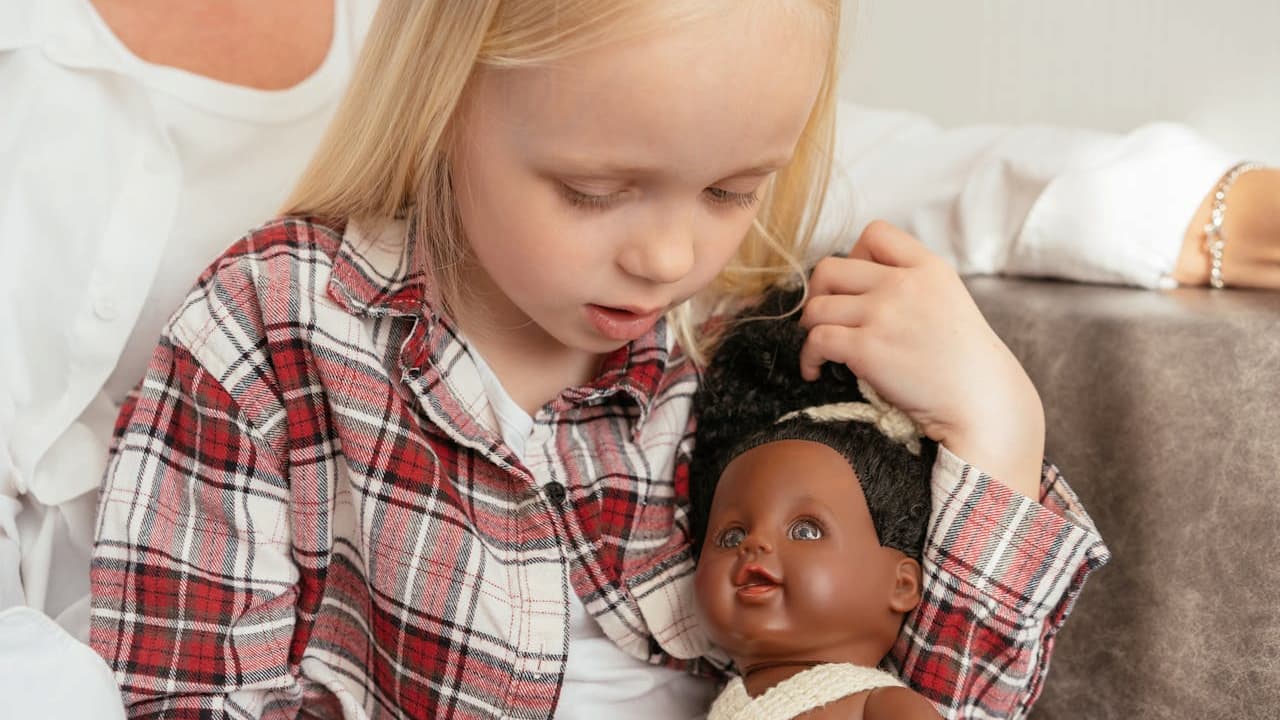
You might find it tough to let go because your stuff feels like a part of who you are. When your self-worth is wrapped up in your belongings, getting rid of them can feel like losing a bit of yourself.
It’s common to hold onto items even if they don’t serve a purpose anymore. Letting go might feel like admitting failure or loss, which makes the process harder than just cleaning up.
Fear of regret: what if I need this someday?
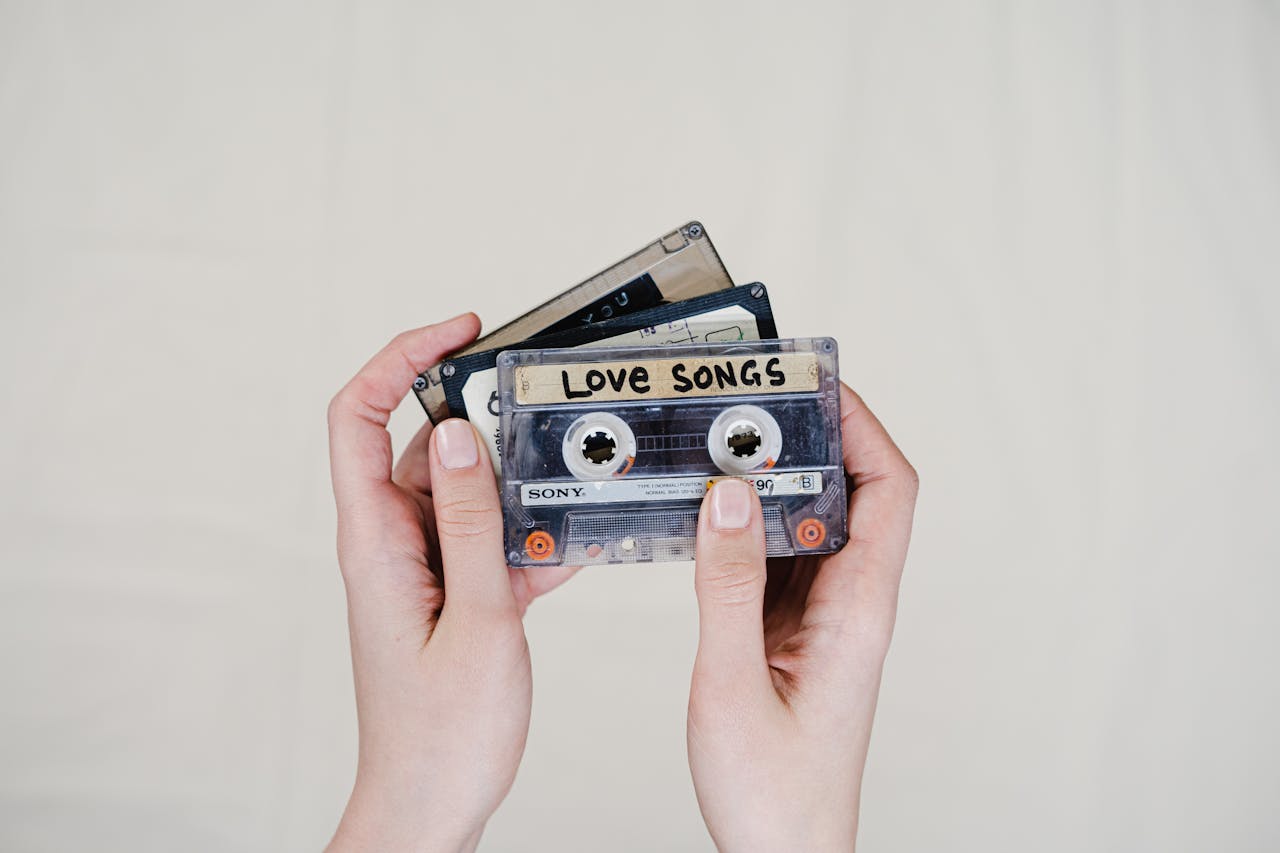
You hang on to stuff because you worry you might need it later. That “just in case” feeling makes it hard to let go.
What if the thing turns out useful? That thought keeps your belongings piling up.
This fear can make you doubt every decision to toss something. You’re holding on to memories and possibilities, not just items.
Sentimental value masks items as important even when they aren’t
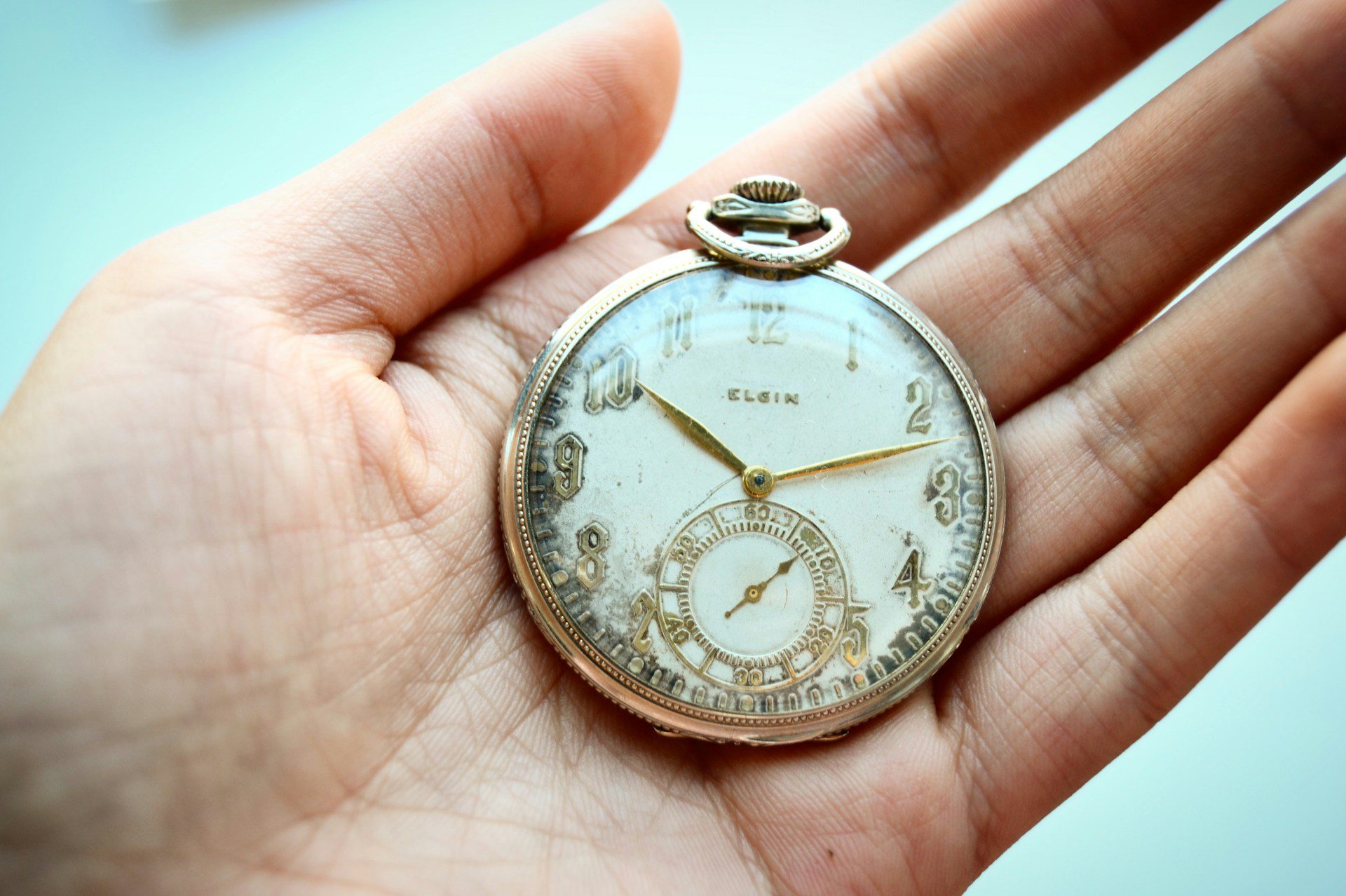
You might hold on to stuff because it reminds you of a person or moment. That feeling makes it seem important, even if the item itself has no real use.
Sometimes, sentimental value mixes with guilt or obligation, making it harder to let go. Taking a photo can help keep the memory without keeping the thing.
It’s easy to confuse emotional attachment with actual usefulness. Recognizing this can free you to let go without losing what truly matters.
Guilt over wasting money spent keeps useless things around
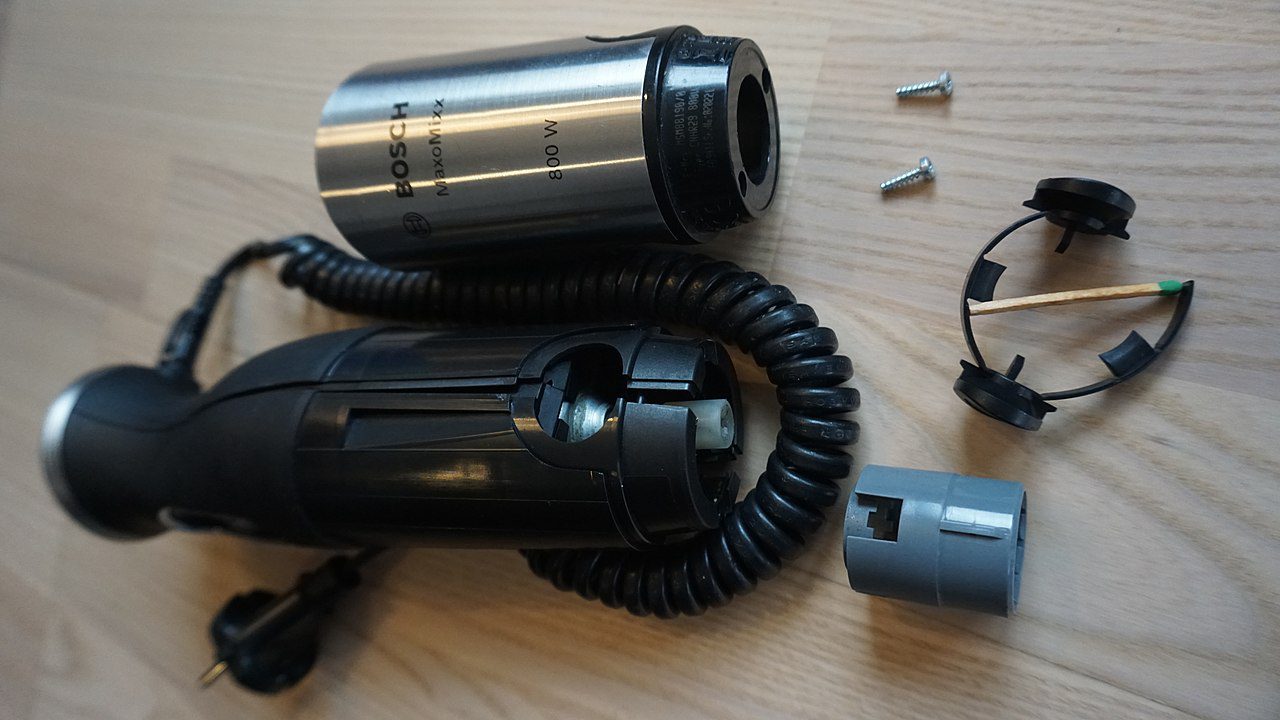
You bought something, so it feels wrong to just toss it out. That money is gone, but your brain hates feeling like you wasted it.
This guilt makes you hold on, even when the item has no real use. You might convince yourself it could be helpful someday, trying to justify keeping it.
Letting go means accepting that the money spent won’t come back, and keeping clutter only takes up space and energy. It’s okay to move on.
Clutter as comfort: familiar stuff feels safe and cozy

You might hold onto things because they make your space feel familiar. Even if the stuff isn’t useful, it creates a sense of comfort.
Sometimes having those objects around feels like a cozy security blanket. It’s easier to stay attached rather than face the unknown of letting go.
Your brain connects these items with memories or routines. So, getting rid of them can feel like losing a part of what makes home feel safe.
Difficulty making decisions leads to holding onto everything
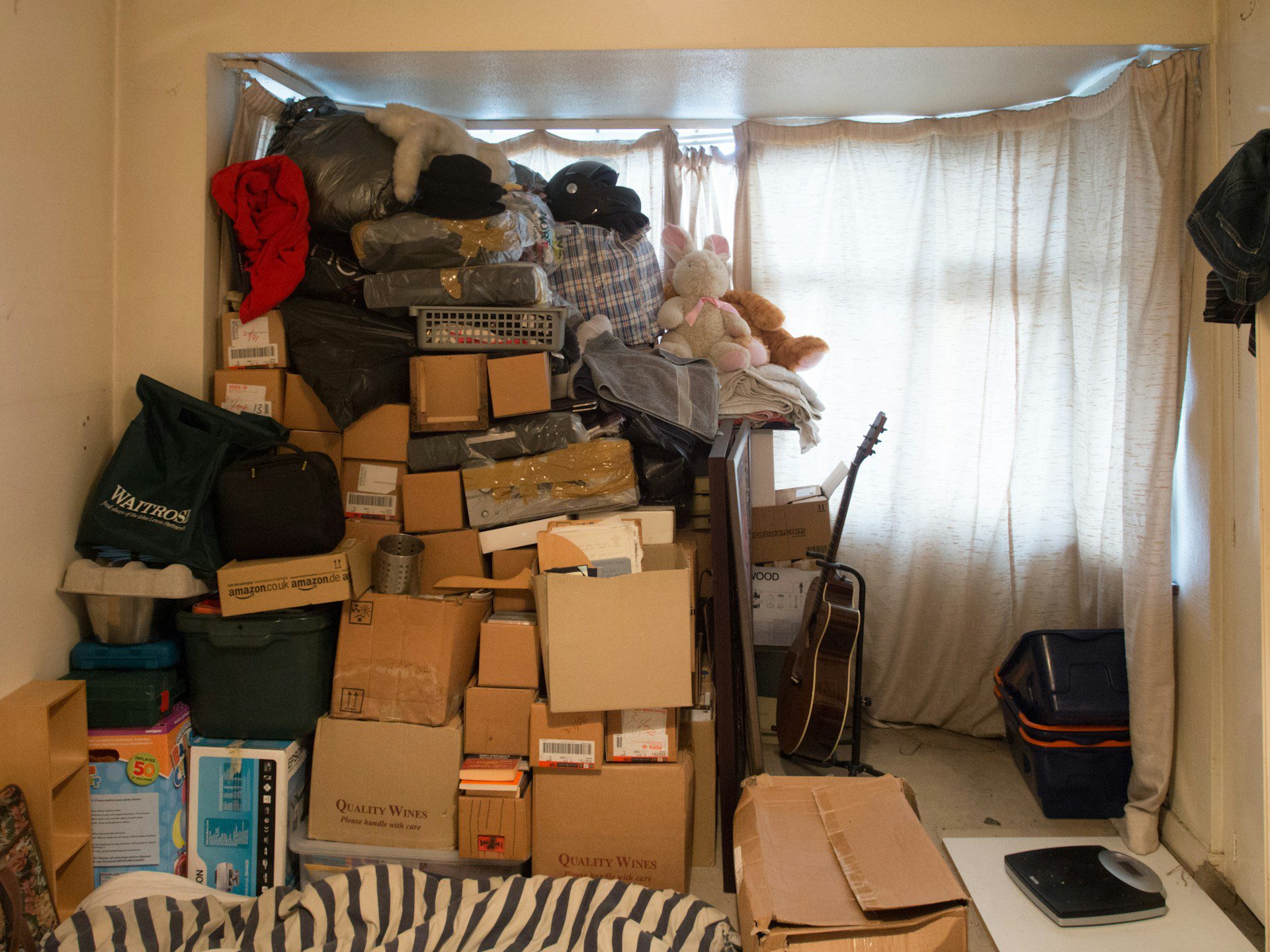
When you struggle to make decisions, it’s easy to keep everything just in case. You might worry about regretting throwing something away, so you hold on instead.
This kind of chronic indecision often comes from fearing you’ll make the wrong choice. That fear can freeze you into inaction, piling up stuff you don’t really need.
Sometimes, you convince yourself something might be useful later, even if it’s been useless for years. That “just in case” thinking traps you in clutter.
Patterns learned from family habits influence accumulation

You often pick up habits around clutter from your family without even realizing it. If your family held onto items “just in case,” you might do the same without questioning it.
These patterns become a normal part of how you see stuff’s value. It’s less about the item itself and more about the behavior you learned growing up.
Changing these habits means recognizing where they come from and deciding if they still make sense for you.
Hoping emotional value will increase over time

You might hold onto stuff thinking it will mean even more to you someday. It’s like expecting memories attached to an old item to grow stronger as years pass.
Sometimes, you believe that keeping something will keep the feelings alive or even deepen them. But often, the emotional weight stays the same or fades, leaving you with clutter instead.
Holding onto things hoping their value will increase can stop you from moving on or making space for new experiences.
Chaos in life causes holding on to stuff for control

When life feels messy, you might cling to things to create order. Holding on to stuff can give a sense of control when other parts of your world feel unpredictable.
It’s like saying, “At least I’ve got this.” Even if the items don’t really serve a purpose, they become anchors in the chaos. Letting go feels risky because it makes you face uncertainty head-on.
Attachment to identity linked to belongings
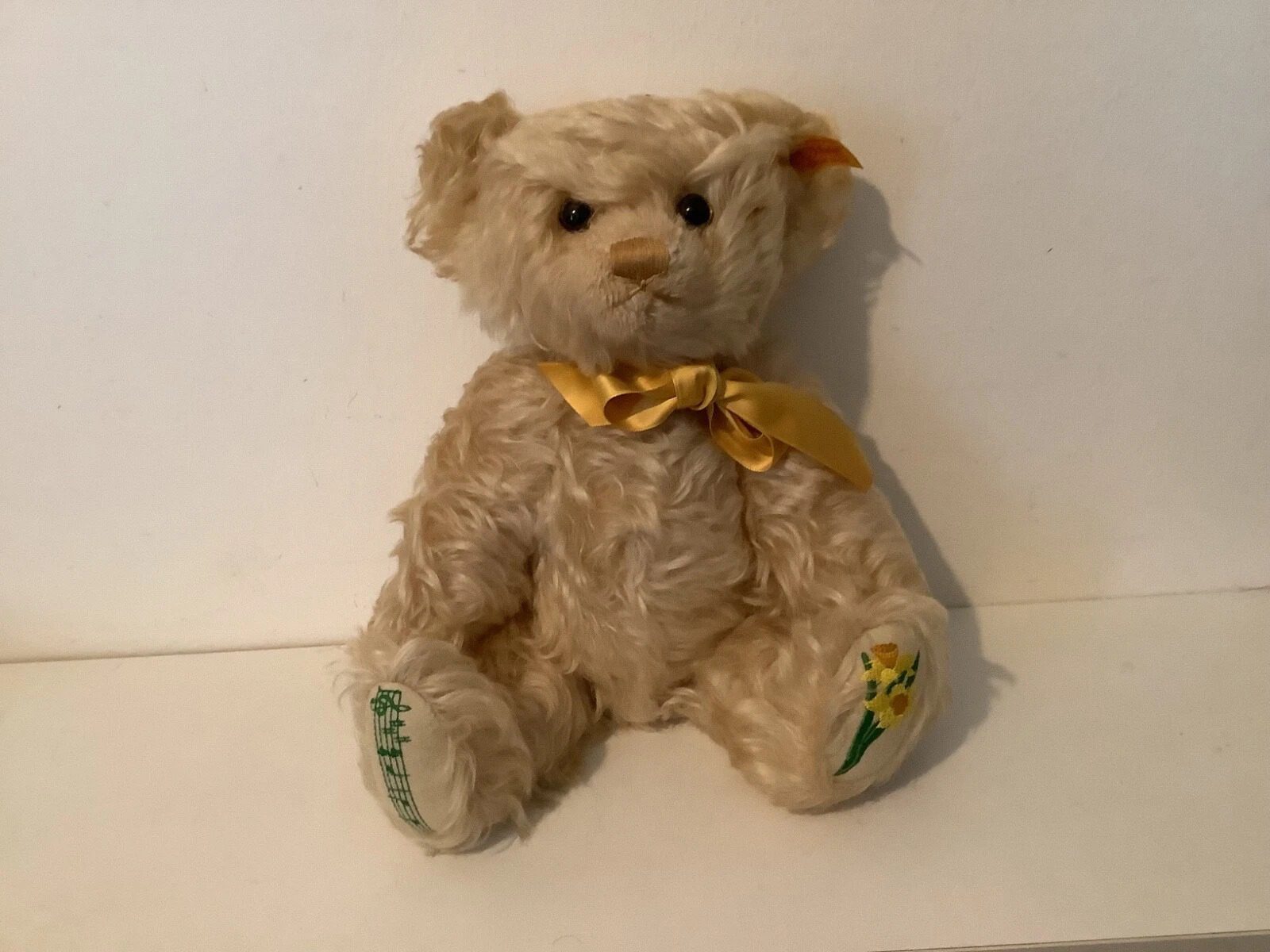
You might find it hard to let go of stuff because those things feel like a part of who you are. Your belongings can hold memories that remind you of your past experiences or important moments.
When you get rid of items, it can sometimes feel like you’re losing a piece of yourself. That connection makes tossing things a lot tougher than it seems.
Unrealistic optimism that stuff will be used later

You often keep things because you believe you’ll use them someday. It feels like holding onto potential, even if that day never comes.
The problem is, that “someday” is mostly a guess, not a plan. Stuff just ends up piling higher, making it harder to find what you really need.
Being honest with yourself about what you actually use can help cut down on clutter. You don’t have to keep everything just in case.

